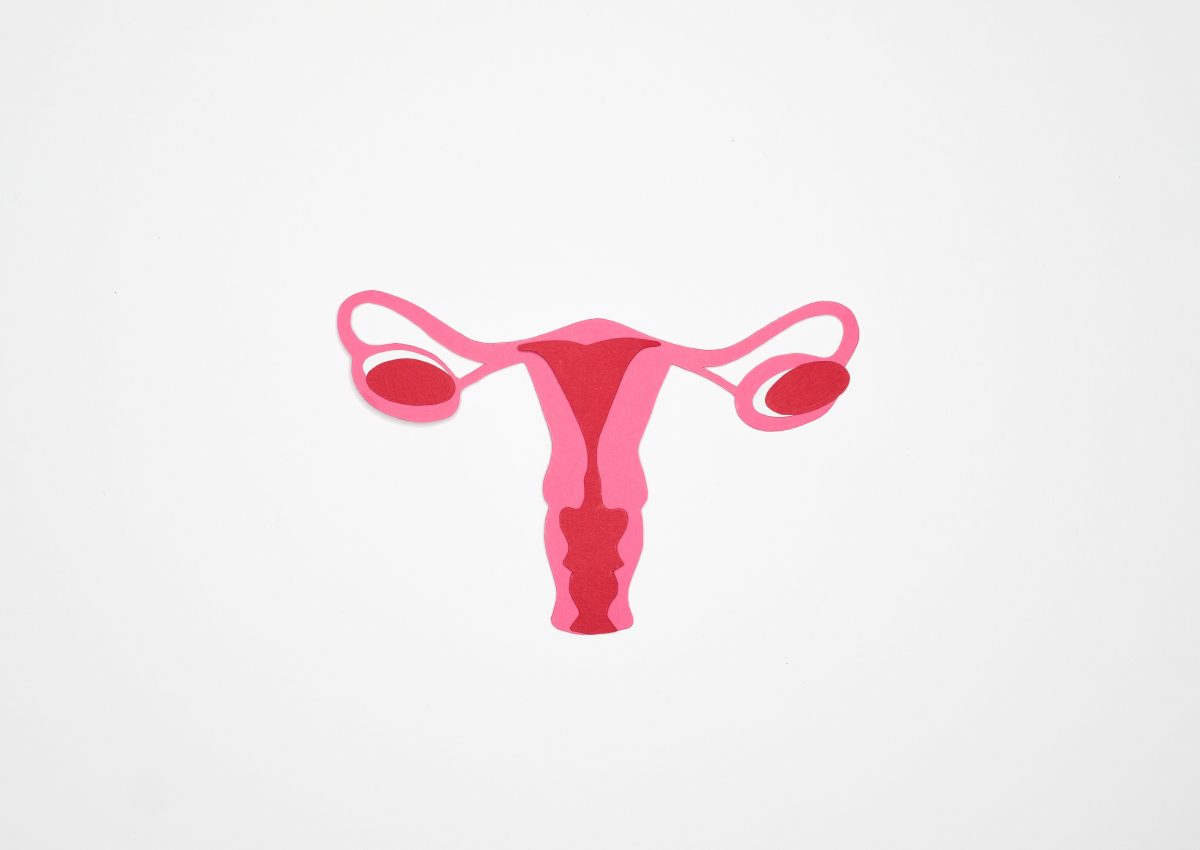
Managing symptoms of the menopause is a fact of life for most women when they reach a certain age. Yet all too often it is something they must manage alone, or perhaps with the help of their doctor. It is not something many would feel comfortable discussing with their employers, yet 6 in 10 women experiencing menopausal symptoms say that they have a negative impact on their work.
Until recently, employment tribunals had not been asked to decide the issue of whether these symptoms amount to a legal “disability” entitling employees to anti-discrimination protections. But since 2018 two tribunal decisions have suggested that they do.
The Equality Act defines a disabled person broadly as anyone who has:
- A physical or mental impairment; which
- has a substantial and long-term adverse effect on a person’s ability to carry out normal day-to-day activities.
For a disability to be considered “Long-term” it must last, or be expected to last, for a period of more than 12 months.
Tribunal Decisions
In Davies v Scottish Courts and Tribunal Service, the Claimant was supposedly dismissed for dishonesty in relation to whether some court users had accidentally drunk water containing her medication. She alleged that in fact this was the result of confusion and memory loss arising from menopause.
The tribunal agreed that her menopause (along with other conditions) constituted a disability for the purposes of the Equality Act, though the Respondent had conceded that menopause was a disability rather than asking the tribunal to decide this point. The tribunal therefore found that her dismissal had been discriminatory, and she was awarded damages of £5,000 for injury to feelings as well as damages for unfair dismissal.
In a more recent decision in Daley v Optiva, the tribunal was asked to decide the preliminary question of whether the Claimant’s menopausal symptoms amounted to a disability for the purposes of the Equality Act. In doing so the tribunal found that menopausal symptoms had a “substantial adverse effect” on Mrs Daley’s ability to carry out day-to-day activities, including “difficulties with concentration, memory and fatigue” and “difficulties in remembering work processes and reading documents”.
Risks for employers
Employers should try to create an environment where employees feel able to discuss health issues, particularly when it comes to sensitive issues like menopause. Whilst generally employers need to know about a disability to be held liable for failure to make the necessary adjustments, in some circumstances employers can be treated as if they knew about a disability if they “could reasonably have been expected to know” of the condition, perhaps because they failed to take the correct steps to discover more about the employee’s condition.
In addition, certain types of discrimination, such as indirect discrimination, may not require any knoweldge at all – if a company practice can be shown to cause a particular disadvantage to menopausal women (e.g office temperature), then an employee might be able to bring a claim even if the employer was not aware that they were experiencing menopause.
Disadvantages might arise for menopausal women in relation to issues such as toilet breaks, sickness absence, disciplinary procedures and performance reviews.
Employers should ensure that they consider the ACAS guidance on dealing with menopause in the workplace, and look at training managers on how to approach this issue and disabilities in general. If an employer can show they have taken preemptive steps to tackle these issues, it will make it easier to defend any claims that do arise.

